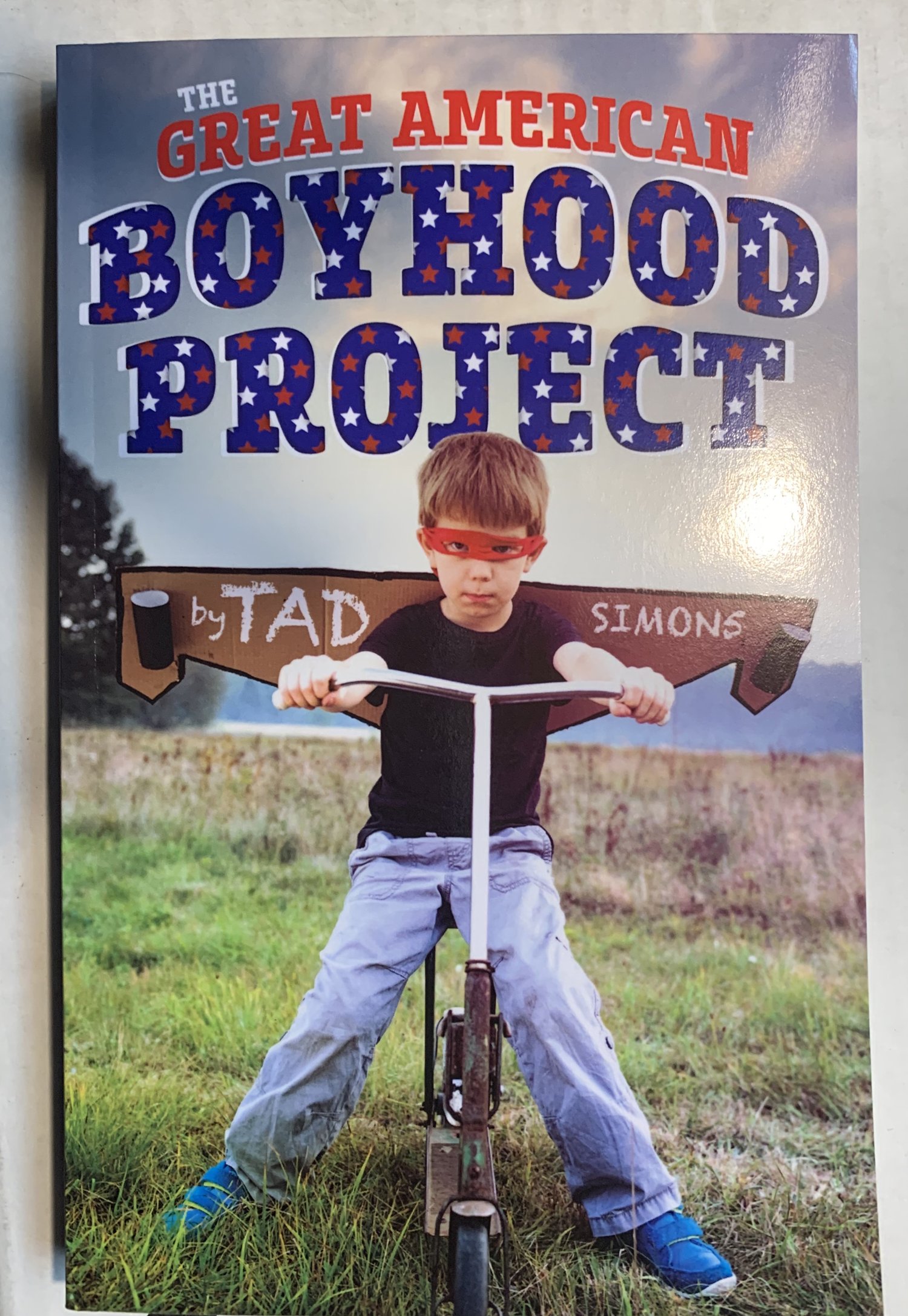Many young writers believe all they need to succeed is a lively imagination and a hefty trust fund. But if you really want your fiction to feel real and true, you have to “write what you know,” which means that rich life experiences and a commitment to thorough research are equally important to a writer’s success.
Fortunately, the most valuable kind of research combines the two.
Suppose you’re writing a scene in which your main character has a broken leg. If you simply try to “imagine” what a broken leg feels like, and what six weeks in a cast does to a person’s skin tone, your description of it in print is bound to ring false to the reader. If, however, you pay a friend to swing a sledgehammer and snap your femur in three places, your ability to describe your character’s suffering will be enriched by your own searing agony.
Likewise, let’s suppose you are writing a story about a meth addict who is trying to get clean so she can regain custody of her child. Again, trying to imagine what meth addiction feels like will only ensure that your story is a thin tissue of superficial nonsense. No one who has experienced meth addiction firsthand would ever believe it. In order to avoid this common pitfall of young writers—i.e., the desire to write about gritty street life from the safety of a dorm room at Princeton—the writer who wants their fiction to ring true should have the courage to go on a six-month meth binge and observe how it affects their life. In this example, if the writer is male, he will also have to undergo a sex-change operation and contrive a way to simulate childbirth, perhaps by shoving some sort of large vegetable—a squash or other type of gourd—into a body cavity that’s far too small to accommodate it.
To the uninitiated, these measures may seem extreme. After all, isn’t it possible to write such things without actually experiencing them? The answer to that question is yes, of course it is, but the result—from an artistic point of view—will be no more convincing than a boarding school full of wizards and evil spirits battling over the future of humanity in another time/space dimension accessible only by a special train. It will read like nonsense, in other words—pure, childish gibberish.
But, you may ask: If I want to write about a bank robbery, does that mean I have to rob a bank?
Yes, it does. Think about it: How can you possibly know what it feels like to make an illegal cash withdrawal by simply going to an ATM? To write convincingly about a bank robbery, you need to feel the blood pounding in your veins as you approach the teller; you need to see the fear in the teller’s eyes as you inform her that the finger in your pocket is really a gun; you need to experience the thrill of walking out of a bank holding a duffel bag full of cash; and, when you sneak a peek at your haul, you need to feel the sting in your eyes as the dye pack explodes, along with the awful realization that the money you just stole is now covered in orange paint and is absolutely useless.
The same goes for murder. Do you really think it’s possible for writers like John Sanford and P.D. James to write so convincingly about murder without actually killing anyone somewhere along the way? Not likely. The trick to writing murder mysteries is to take a lot of notes, so that you only have to kill one or two people in order to get the details necessary to make your fictional homicides feel vivid and true.
For young writers, the admonition to “write what you know” is not just a hoary cliché—it’s a gentle way of warning young scribes not to create stories out of thin air. Writing fiction is about much more than simply making up stories—it’s about using your own experiences to make up stories that hide the fact that you ever experienced what you’re writing about, so that you have plausible deniability in court.
After all, if you have nothing to hide when the police come knocking, chances are you have nothing to write about, either.

